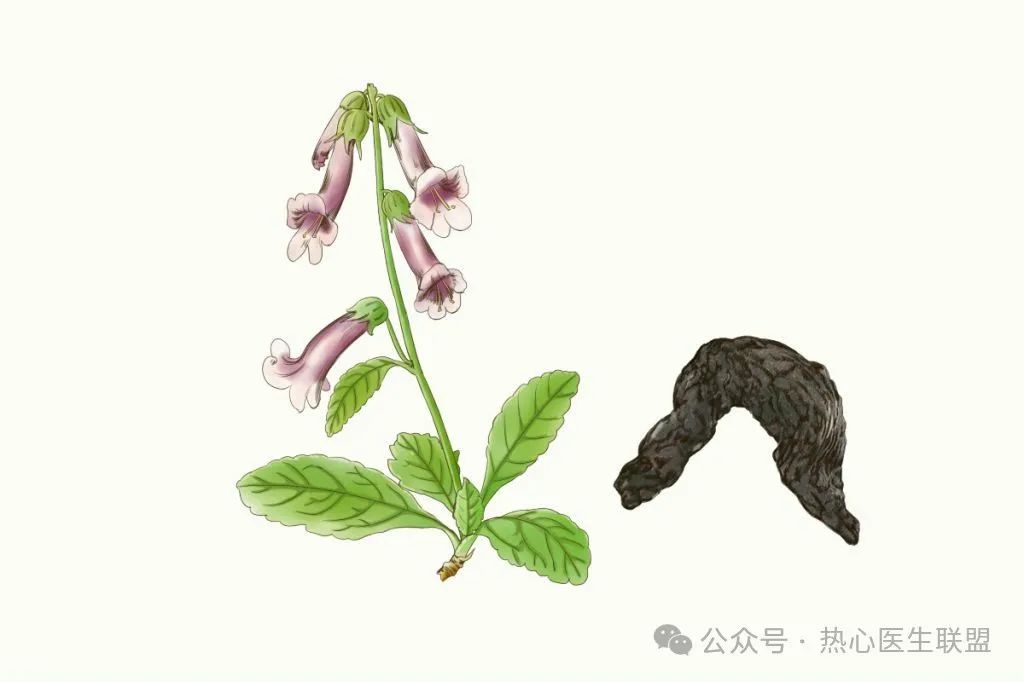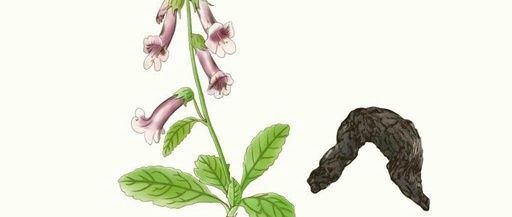Shudi Huang, also known as Sheng Di Huang (Rehmannia Root), is a commonly used tonic herb in Traditional Chinese Medicine (TCM) with a long history of application. As a processed product of Di Huang, Shudi Huang is sweet and warm in nature, entering the Liver and Kidney meridians. It has the effects of nourishing Yin, tonifying the Kidneys, and replenishing blood and essence, widely used in the treatment of Kidney deficiency and blood deficiency. However, Shudi Huang is not suitable for everyone, and caution is advised when using it.

The Four Major Benefits of Shudi Huang
Nourishing Yin and Tonifying the Kidneys, Strengthening the Lower Back and Knees
Shudi Huang is a classic herb for tonifying the Kidneys in TCM, suitable for symptoms caused by Kidney Yin deficiency such as soreness in the lower back and knees, dizziness, tinnitus, night sweats, and hot flashes. By nourishing Kidney Yin, Shudi Huang can improve reproductive function decline due to Kidney deficiency, having a regulatory effect on male impotence and female menstrual irregularities.
Replenishing Blood and Essence, Improving Anemia
Shudi Huang has a significant blood-replenishing effect, suitable for symptoms caused by blood deficiency such as pale complexion, dizziness, palpitations, and fatigue. For women, Shudi Huang can replenish blood and regulate menstruation, improving issues like menstrual irregularities and postpartum anemia caused by blood deficiency.
Enhancing Immunity and Promoting Health
By tonifying the Kidneys and replenishing essence, Shudi Huang can enhance the body’s immunity and improve disease resistance. For individuals with weak constitutions, prone to colds, and low immunity, appropriate use of Shudi Huang can help strengthen the body and promote health.
Delaying Aging and Improving Premature Aging
Shudi Huang can nourish Kidney Yin and delay the early aging phenomena caused by Kidney deficiency. For common symptoms in middle-aged and elderly individuals such as soreness in the lower back and knees, memory decline, and lack of energy, Shudi Huang has a certain improvement effect.
Four Groups of People Who Should Avoid Shudi Huang
Those with Excess Heat Constitution Should Avoid
Individuals with excess heat constitution exhibit symptoms such as dry mouth, constipation, yellow and red urine, and a red tongue with yellow coating. Shudi Huang is warm in nature and can easily generate heat, exacerbating internal heat and worsening symptoms.
Those with Weak Gastrointestinal Tract Should Use with Caution
Shudi Huang is sweet and rich in nature, which can easily increase the burden on the gastrointestinal tract. For those with weak gastrointestinal tracts, poor appetite, bloating, and diarrhea, excessive use of Shudi Huang may lead to indigestion and worsen symptoms.
Hypertensive Patients Should Use with Caution
Shudi Huang has certain tonic effects that may increase blood volume, potentially raising blood pressure in hypertensive patients. Caution is advised for hypertensive patients when using Shudi Huang to avoid exacerbating their condition.
Those with Cold and Fever Should Avoid
Cold and fever are often due to external wind-heat or wind-cold patterns. Taking Shudi Huang during this time may affect the dispersing and cooling effects, leading to prolonged illness. During cold and fever, the focus should be on dispersing wind and relieving the exterior, and it is not advisable to use tonic herbs too early.
In TCM, the principle of treatment is based on syndrome differentiation. It is recommended to use under the guidance of a qualified practitioner to achieve the best therapeutic effect.

